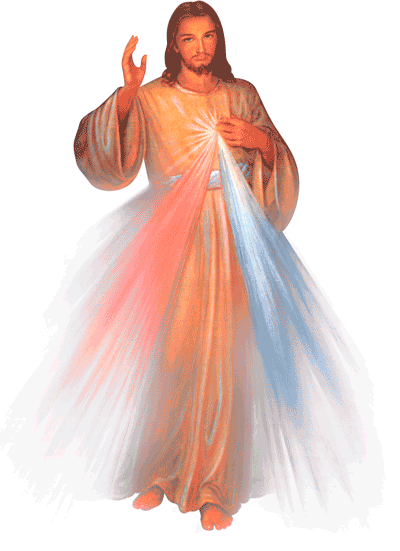
How to be or become a follower of Jesus Christ in the world and in your situation« Can a blind man lead another blind man? Won't they both fall into a hole?»
With this parable, with the style of communication typical of that epoch, precisely the parable(º), Jesus reaffirms concepts present in numerous episodes reported in the synoptics. The teachings of Jesus are expressed in different forms throughout the Gospel, but they always have the same substance.
I believe that I have understood that the Master Jesus Christ teaches me what I shall do and asks me what I summarize here:
- the attitude I should strive to have towards my neighbor: the question "Why do you look at the straw ....." is a clear reference to the consideration of respect and delicacy that each of us who say we are Christians should strive to have towards the others.
It seems obvious to me that if I try and manage to put myself in the shoes of others and understand them, I will avoid certain lack of delicacy and respect. I will not do to others what I wish were not done to me, or in the active form I will do to others what I would like them to do to me.
However, this is not a simple rule of good living or philanthropy. We must behave in this way and strive for his sake, even when we just don't feel like it, because He asks us this.
- The need to form ourselves HUMANLY AND spiritually to put ourselves in a position to be able to follow the Master, that is Jesus himself, in other words, to enable us to imitate him and be an example for others. If one would be able to be followed by someone or even by many, but he were not a true Christian, he would be like the blind man in the parable who claims to lead other blind people.

Can a blind man lead another blind man?
By guiding others blinded by me I would risk making everyone fall into a well, be it spiritual or even material.
There is no shortage, indeed I would say that in human history there are many examples of people who have come to believe that they are almost a god on earth, have lost their sense of proportion and have done much harm to everyone.
- Lastly, with the image of the tree that can bear good and bad fruit, Jesus means that if we have made an effort to love our neighbors, we are sharing our possibilities and opportunities, in the sense in which I have said above and if we have been able to form our conscience correctly from a human and spiritual point of view, and try to follow his teachings, with our apostolate we will be able to bear good fruits. We too will become like the apostles 'fishers' of men, and we will do so not in our interest, but in the spiritual interest of those who are caught.
(º) THE PARABLE
The term parable derives from the Greek word which means "comparison and similitude". It is a story that differs from myth, allegory and fable, a way of expressing itself that uses concrete examples and is based on the comparison between two situations: one known and one unknown. The elements that characterize a parable are:
- the synthetic form of the story
- immediacy and incisiveness.
The parables of Jesus have the purpose of illustrating complex concepts in a simple way, favoring an immediate understanding.
The intent is to allow the listeners to pass from a way, which is habitual for them, of understanding and interpreting the words expressed and the events narrated, to a new extraneous and unusual way.
Parables as a narrative form are also attested in contemporary rabbinic literature with the beginnings of Christianity.
Lino Bertuzzi Feb, 27, 2022
End

No fear! the Mercy of Jesus
is INFINITE
Holy Gospel of Jesus Christ according to Saint Matthew 6,39-45.
At that time, Jesus told his disciples a parable: “Can a blind man lead another blind man? Won't they both fall into a hole?
The disciple is not more than the teacher; but everyone well prepared will be like his teacher.
Why do you look at the speck that is in your brother's eye, and don't notice the beam that is in yours?
How can you tell your brother: You allow me to take away the speck that is in your eye, and you don't see the beam that is in yours? Hypocrite, first remove the log from your eye and then you will be able to see clearly in removing the speck from your brother's eye ».
There is no good tree that bears bad fruit, no bad tree that bears good fruit.
In fact, each tree is recognized by its fruit: figs are not collected from thorns, nor are grapes harvested from a bramble.
The good man draws the good out of the good treasure of his heart; the bad man from the bad treasure of him brings out evil, because the mouth speaks from the fullness of the heart.



